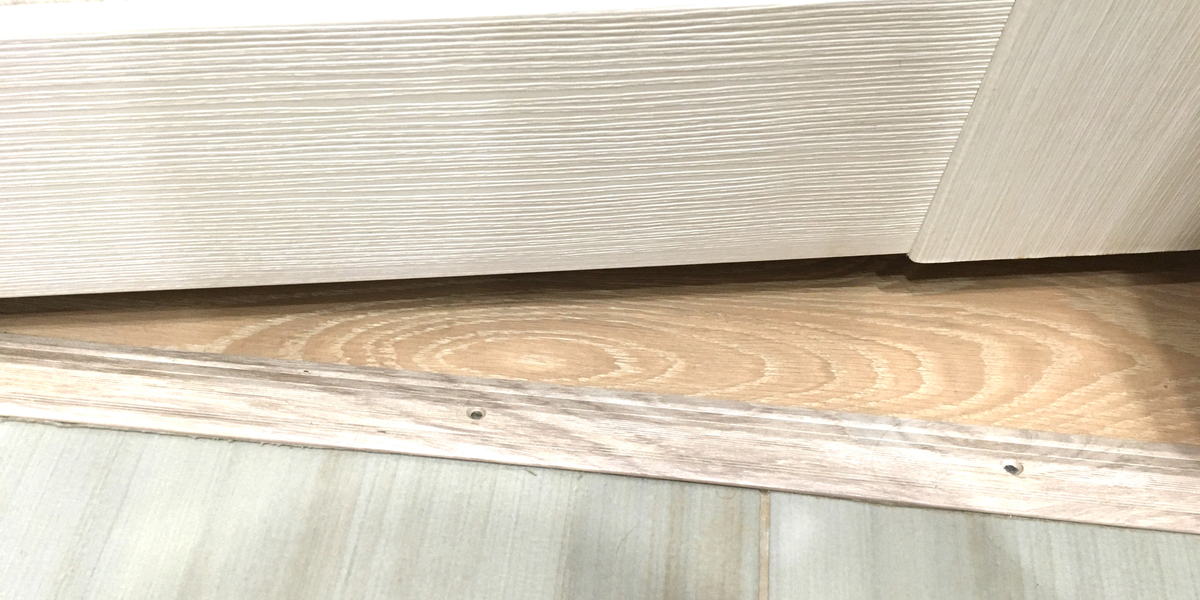Updates from day 2 of the Huntington’s Disease Therapeutics Conference focusing on DNA repair in HD.
Wednesday morning – DNA repair in HD
Good morning from the 2018 HD Therapeutics Conference! Today’s update is relatively brief because the afternoon was focused on poster presentations. The morning session focused on the role of DNA repair in HD – a hot topic these days, thanks to very interesting genetic studies of HD patients. These huge studies demonstrated that genetic variations, outside the HD gene, contribute to how soon HD symptoms occur in people carrying them. Surprisingly, many of these variations were in genes that help cells repair DNA.
Up first, Jong-Min Lee, Massachusetts General Hospital, updates the crowd on the latest results from the GeM-HD consortium – the international group of researchers searching genetic variations that influence HD onset. The GeM-HD consortium uses microchips that read tiny genetic variations across the entire genome of thousands of HD patients. This huge dataset lets them ask the question – are any of these variations influencing how early or late HD occurs? The latest version of the GeM-HD analysis includes 9,000 HD patients! This increase in sample size has enabled them to identify even more variations that modulate HD onset. These variations are strikingly close to even more DNA repair genes. Lee describes a very subtle variation in the sequence of the HD gene itself that also influences the age of HD symptom onset. The most dramatic effect GeM-HD has observed concern a gene called FAN1. Some variations in this gene have a beneficial effect on HD onset, and other variations have a bad effect. This suggests something FAN1 is doing is central to HD progression. Lee provides another stream of evidence which suggests that people who have more Fan1 in their brains have a later onset of HD. This shows the power of doing genetic studies – if we can find a way to bolster the activity of Fan1, it seems likely that it would be beneficial for HD progression.
Guo-Min Li, University of Texas Southwestern, studies a process called “mismatch repair”, one of the ways by which cells repair certain kinds of DNA damage. Mismatch repair allows cells to fix small errors that crop up when cells copy their DNA. Mutations in these genes lead to high rates of cancer, because genetic errors are left un-corrected. Li reminds the audience that while mismatch repair is normally very helpful for cells to remain healthy, it sometimes makes mistakes. One of these is the tendency for long repetitive stretches of DNA to lengthen. The mutation that causes every case of HD – a stretch of the DNA letters “C-A-G” – is one of these repetitive bits of DNA. Li’s lab is studying the process by which mismatch repair of long stretches of CAG makes them longer. Li’s lab has identified a few specific mismatch repair processes that drive CAG expansions – he suggests they may be a good target for new HD treatments.
Lorena Beese, Duke, also studies mismatch repair. Her lab focuses on the precise ways in which the mismatch repair proteins carry out their work – recognizing mistakes, cutting them out and then stitching the DNA back together. The machines that Beese’s lab has described in detail may be future targets for drugs designed to change how they interact with long CAG tracts, like the one in the HD gene.
Peter McKinnon, St. Jude Children’s Research Hospital, is an expert on DNA repair in the brain. He’s addressing the conference on the specific types of DNA damage that occur in the brain. The brain is interesting, from the point of view of DNA repair, because for most of our lives the neurons in our brain don’t divide. This means they can’t use some of the arms of the DNA repair pathways, which only work in dividing cells. McKinnon’s lab studies a specific kind of DNA damage called “base excision repair”, a process for fixing damage to only one of the two strands of DNA.
Partha Sarkar from University of Texas studies the Huntingtin protein and its direct interactions with DNA and DNA-handling proteins. Turns out mutant huntingtin hangs around with a protein called PNKP whose job is to look after DNA. In doing so, it prevents it doing its job. This raises the possibility that the HD mutation accelerates DNA damage.







